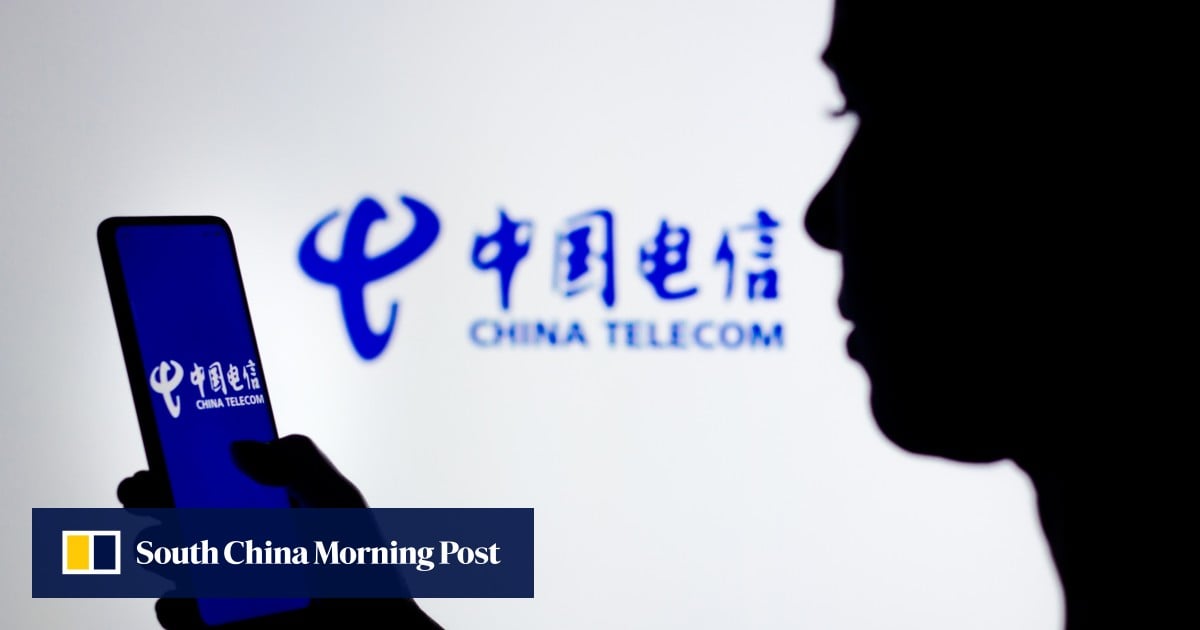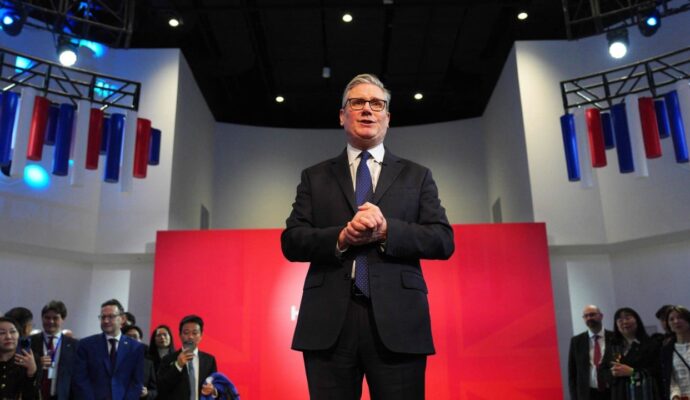
The telecoms firm rose to become the third-largest player in the market in the second half of 2022, with 10.3 per cent market share, behind Alibaba at 31.9 per cent and Huawei Technologies at 12.1 per cent, according to market research firm IDC. Tencent Holdings fell to fourth place with 9.9 per cent of the market.
Earlier this month, Alibaba launched its own ChatGPT-like service called Tongyi Qianwen for corporate clients. It has already embedded the technology into the enterprise collaboration platform DingTalk, and plans to integrate it into Tmall Genie, the company’s smart speaker.
Other Chinese tech giants have also raced to release chatbots with similar capabilities such as generating text, images and video based on specific prompts. The last to join the fray was video gaming giant NetEase, which this week unveiled CodeWave to help enterprise customers produce simple software without needing sophisticated programming skills.
Other companies including Tencent, SenseTime, JD.com and TikTok owner ByteDance have touted plans to either expand into generative AI or support clients’ efforts to train large language models.
Internet search giant Baidu, the first major Chinese tech firm to launch ChatGPT rival, said earlier this week that the technology powering its Ernie Bot has achieved a 10-fold improvement in inference efficiency.

